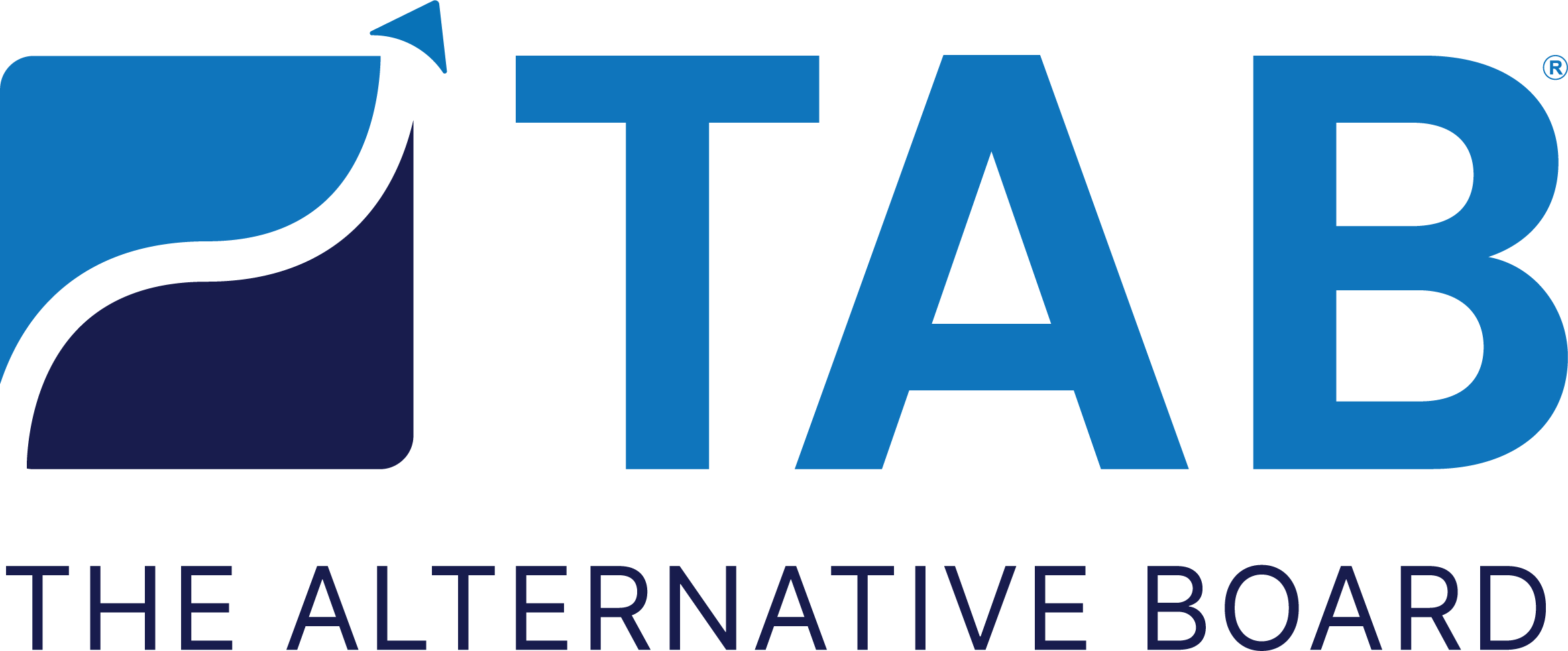Leverage AI to Grow Your Business
These days, nothing seems more topical than AI (Artificial Intelligence). With the much-ballyhooed advent of ChatGPT, business owners and CEOs are examining new ways in which AI can help increase efficiency, streamline operations, and grow their businesses.
What exactly is AI? According to Wharton Online, AI “refers to the ability of machines to learn and make decisions based on data and analytics.”
For many businesses, automation based on artificial intelligence is the starting point for incorporating more AI into their operations. Built-in processes that rely upon repetition and timing benefit significantly through the application of AI. For example, AI tools can arrange meeting schedules, review employee calendars, assemble departmental reports, and aid in rudimentary accounting.
How can AI grow your business? Keep these tips in mind:
Conduct an audit to evaluate your business needs.
The quality of the data provided for use in AI will determine the value of support provided. Entrepreneur recommends that businesses “carry out an MRI-style audit” to evaluate their specific needs. And since “algorithms are only as good as the data they’re fed,” it’s crucial that you have “a firm idea of what you’re aiming to achieve and strong examples for the algorithm to learn from.”
Apply AI to customer service.
Most businesses already have Customer Relationship Management (CRM) processes in place. But while some software programs demand a fair amount of manual input to be effective, by applying AI to existing platforms, “a normal CRM system transforms into a self-updating, auto-correcting system that stays on top of your relationship management” needs, notes Business News Daily.
Incoming customer messages can be handled effectively through AI. By learning to recognize conversations with customers and leads, “AI can pick up crisis-prone words or sentences like ‘I’ll leave your business,’” and help you head off serious customer defections, says Levity. At the same time (and on a more positive note), AI can recognize “sentences like ‘This offer sounds interesting,’ or ‘I’d like to buy next week’ … that may indicate a possible sale.
Assist with sales leads and campaigns.
Speaking of leads and sales, AI can oversee, classify, and file responses to your email sales campaigns. It’s also very useful in generating precise sales projections and ranking leads in the pipeline based on customer information and transaction history. This process alone can save businesses considerable time and resources otherwise spent on manually tracking email responses and prioritizing potential quality leads.
Punch up your cybersecurity operations.
AI is potentially very useful in the area of business cybersecurity. As Forbes notes, “AI-powered cybersecurity tools are designed to identify and detect attacks in real-time and can automate the incident response process.” AI also assists IT departments in recognizing the emergence of possible cyber threats and helping those departments avert hacking or other malicious cyber-attacks.
Use AI to prevent or minimize fraud.
Increasingly, businesses are turning to AI to identify and avert fraudulent activity. As HubSpot notes, AI “can point out anomalies in data, such as unusual spending behavior, which helps your employees identify potential fraudsters.” Over time, AI algorithms learn to detect bad behavior “such as suspicious logins, odd transactions based on consumer behavior, or identity theft.”
It's clear by now, AI is here to stay. If you’re hesitant to get on board, remember that your competitors are unlikely to refrain from leveraging its power for their own growth. As its applications become clearer and more relevant, you’ll likely be thankful for what AI can do to grow your business.

